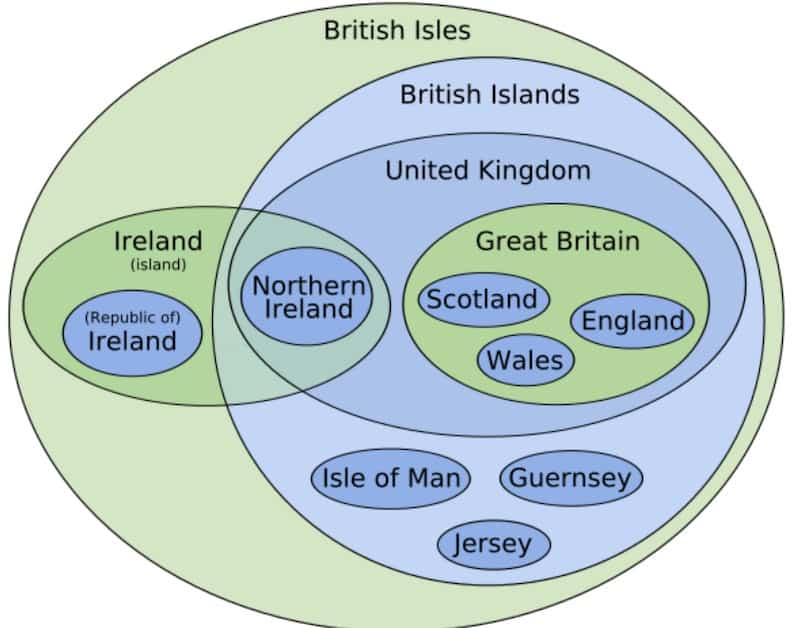It is easy to assume that exceptionally bright children are the lucky ones, automatically destined for great things. But being a very bright child can be hard. Many of these children feel lost at regular school. Some become withdrawn, others disruptive, while some leave school early.

© Mikael Damkier | Dreamstime.com
Kathryn Hess Bellwald, a Swiss-American mathematician at EPFL, one of Switzerland’s two federally funded universities, knows all about these challenges. She grew up with them and started university at 14.
In 2008, she, with input from Patrick Aebischer, the president of EPFL, started the Euler Course, an accelerated maths class for exceptional school children. Every Wednesday afternoon, kids from across French-speaking Switzerland spend their spare time delving into mathematical proofs and other arithmetic intricacies.
The Swiss course was inspired by the work of Julian Stanley, who created the Center of Talented Youth (CTY) at the John Hopkins University in the US in 1972. Famous alumni include Mark Zuckerberg, founder of Facebook, and Sergey Brin, co-founder of Google – yes, some of these individuals do very well.
Switzerland’s Euler Course, named after the famous Swiss mathematician Leonhard Euler, is aimed at the most mathematically talented 0.01% (1 in 10,000) of children. It replaces school maths classes but participants remain at school for all other subjects.
Many will remember Euler diagrams. The one below shows the error some French speakers make when they refer to the UK as “Angleterre”, and British sports commentators make when they refer to UK sports teams as Team GB.

Identifying gifted children is not straightforward. It doesn’t always show up in school grades. The Swiss school grading system rewards perfection, so bright perfectionists can easily outperform brilliant children with their heads in the clouds.
The Euler Course relies on school teachers to identify kids, who then take an entry exam (every April) and attend a qualifying interview. High-potential girls are more difficult to identify than boys. Gifted boys are more likely to be disruptive at school. Clever girls typically develop better ways of coping.
The cantons acknowledge the benefits the course brings to these children, who often struggle at regular school.
Parents are often unaware they have an unusually intelligent child. Unlike teachers they have no points of comparison. They only really know their own children. Their kids are their normal. Lists of common characteristics can help, but parents need to suspect they have an exceptionally bright child before they seek this information.
For many of the children identified, courses like Euler can be life changing. For Aurélien Ponzio, a course participant interviewed by RTS, life before starting the course was difficult, and maths wasn’t even his favourite subject. Now he’s much happier, and developing his talent, something likely to benefit not only him but possibly society too.
Courses like the Euler programme, by their very nature fall outside the mainstream. This presents a challenge to their viability. While EPFL provides infrastructure and some of the funding for the Euler Course, outside support is necessary for its survival, so those in charge are always interested in hearing from potential donors.
For more information, course directors Jérôme Scherer and Kathryn Hess Bellwald can be contacted by email: cours.euler@epfl.ch
More on this:
Euler course website (in French) – Take a 5 minute French test now
The unique inner lives of gifted children – Linda Silverman (YouTube video – in English)
For more stories like this on Switzerland follow us on Facebook and Twitter.

